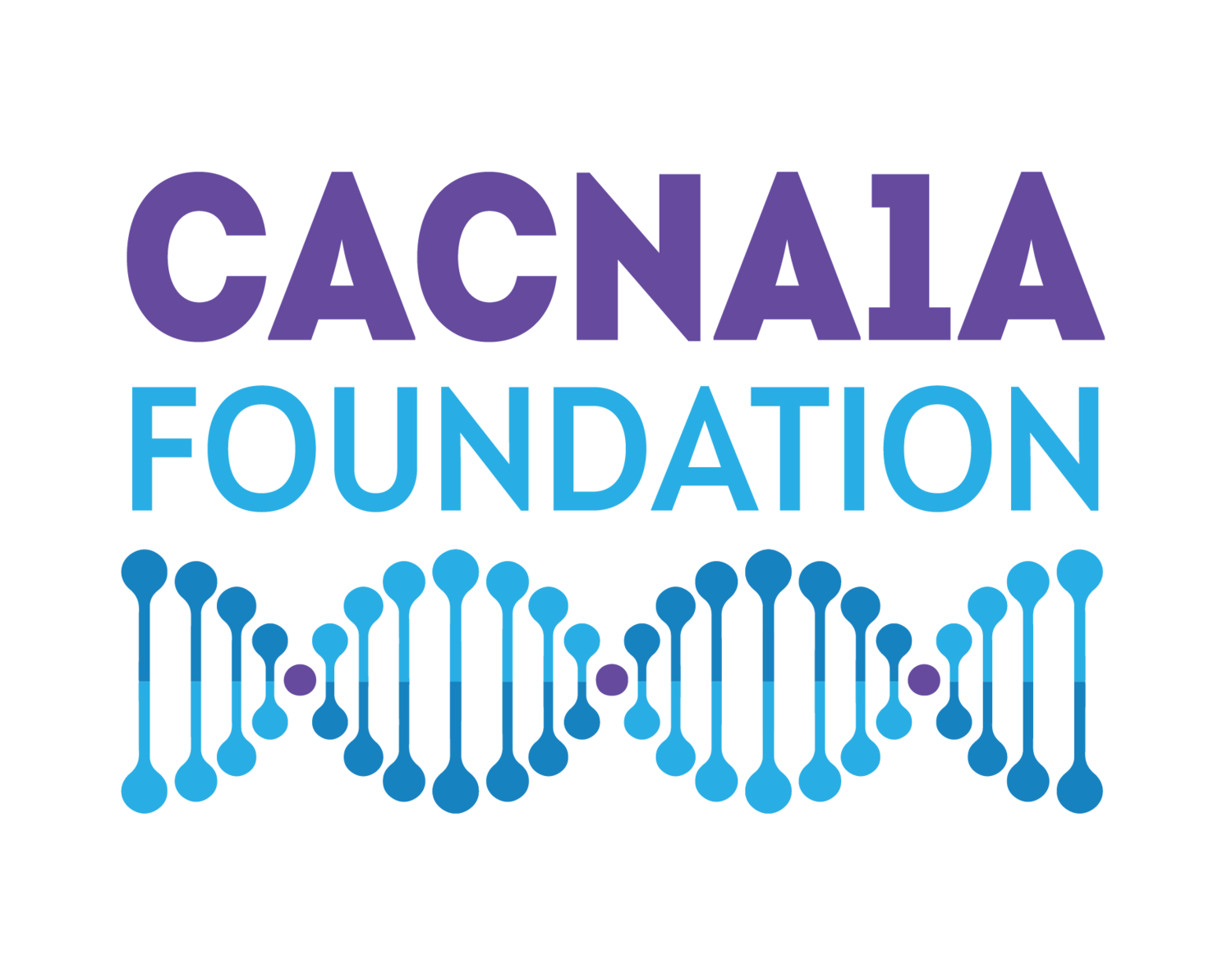Marika’s Story
Marika is an inspiring 32-year-old woman with ataxia. Like many adults with a CACAN1A variant, it took years for her to receive an appropriate diagnosis. Finally diagnosed at the age of 20, Marika has not let this disease hold her back. She is a world traveler and documents her story in an engaging blog, called Clumsy Girl Travels - https://clumsygirltravels.com/. Marika writes, “I started Clumsy Girl Travels to be a source of travel inspiration and information to show people that even those with limitations can travel.” Marika’s mom, Lora, states, “Marika is amazing! She is funny and everyone likes her. She doesn't care what people think. She knows what she wants and likes.”
Variant: c.4038C>T; (p.R1348*)
History
Lora (Marika’s mom) is a registered nurse. When Marika was born, her job at the time was to evaluate newborn babies that were high risk (drug exposure, teen mothers, birth defects). Due to Marika’s abnormal eye movements, Lora says she knew something was wrong right away. Marika eventually exhibited developmental delays, especially with milestones such as rolling over and sitting. Lora began to have her regularly evaluated - neurology, PT and OT - yet like many CACNA1A patients, she did not have a formal diagnosis. They lived in CA at the time and Marika received Regional Services (A state-funded agency for recreational/behavioral/respite care) and CCS (California Children’s Services), which provides healthcare and services for children with special healthcare needs for OT and PT. Lora became a school nurse when Marika was 3 years old, so she knew to advocate for special education and related services, which Marika received throughout her school career.
Developmental/Cognitive History
Developmental Delays in Infancy affected rolling over and sitting up. Marika crab crawled until she was 19 months old and then began walking.
As a toddler, she had wobbly ambulation, fine motor delays (e.g. trouble eating with a fork), sensory issues (hypo-sensitive)
Once Marika went to school, she had a range of learning disabilities (hyperlexic, dyscalculia), fine and gross motor delays, and poor body and spacial awareness. She also had a diagnosis of PDD (pervasive developmental disorder, a diagnosis which was used for individuals who exhibited some but not all of the criteria for autism) and mild OCD.
Now an adult, Marika’s strengths are shopping for food, cooking/baking, navigating public transportation, and most importantly, an understanding of personal safety. Being overwhelmed affects her and she’s had some panic attacks. She doesn't drive, needs help with budgeting and finances, cleaning and has poor organizational skills. Directions are also hard for her (thank goodness for GPS!)
Medical History
Marika has mild chronic ataxia (she walks with a wide-based gait), and severe debilitating migraines (and possibly episodes but she has trouble articulating feelings/sensations). These occurred one to four times per week. At 22 years old, she began taking the medication 4-AP (4-Aminopyridine), which has been life-changing for her. Marika was misdiagnosed with epilepsy for 15 years. She also has a diagnosis of intermittent downbeat nystagmus, which she’s had since birth.
Therapies/Education
Marika was in Special Education throughout her school career. She also received adaptive PE, OT, PT, transportation, speech therapy, and social skills training. At one point we tried mainstreaming into general education classes, but the material went right over her head and wasn’t conducive to learning, so she stayed in special education. She used a picture system to break down tasks and to help with organization/executive function.
Marika participated in therapeutic horseback riding and adaptive ski school. She also took part in Special Olympics (She had fewer cognitive issues than the other participants but more physical issues.)
After high school, Marika attended a post-secondary Transition to Independent Living college program at Taft community college in Taft, CA for 1 year. She also earned a 2-year Associate in Arts (AA) degree in Travel and Tourism at a community college (though she couldn't do the math).
For Those Newly Diagnosed
Advocate for your child! Do not live in denial! As a school nurse, I saw too many parents assuming that if their child was in general classes, they would be considered more "typical/normal.” Bring info from the CACNA1A Foundation to your IEP/504 meeting as evidence of the possible issues that affect our kids - educate the team with reputable information. Enjoy and laugh a lot. Get the help and support that is offered by all state and federal agencies. Allow your child to have as much freedom as possible and don't be overprotective. But set limits - my daughter has a strong personality and this was important. Finally, get a special needs trust and make sure you have conservatorship or guardianship in place when your child turns 18.

